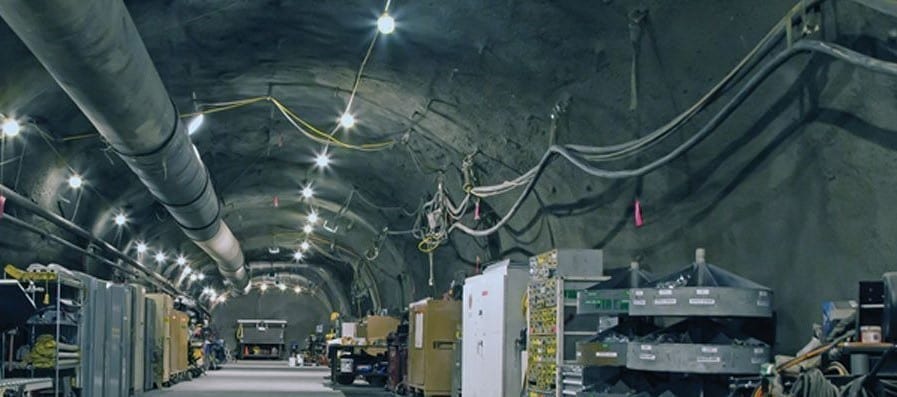
Nuclear Security & Deterrence Monitor Vol. 24 No. 25
Visit Archives | Return to Issue PDF
Visit Archives | Return to Issue PDF
Nuclear Security & Deterrence Monitor
Article 1 of 10
June 18, 2020
Nevada Dems Oppose Nuke Testing, as NDAA Adds Funds for Test-Resumption Prep

After it leaked to the media that the Senate’s annual defense authorization act for fiscal 2021 had a sliver of funding for nuclear-explosive test readiness, the five Democrats of Nevada’s congressional delegation released a letter to the White House condemning…
Partner Content